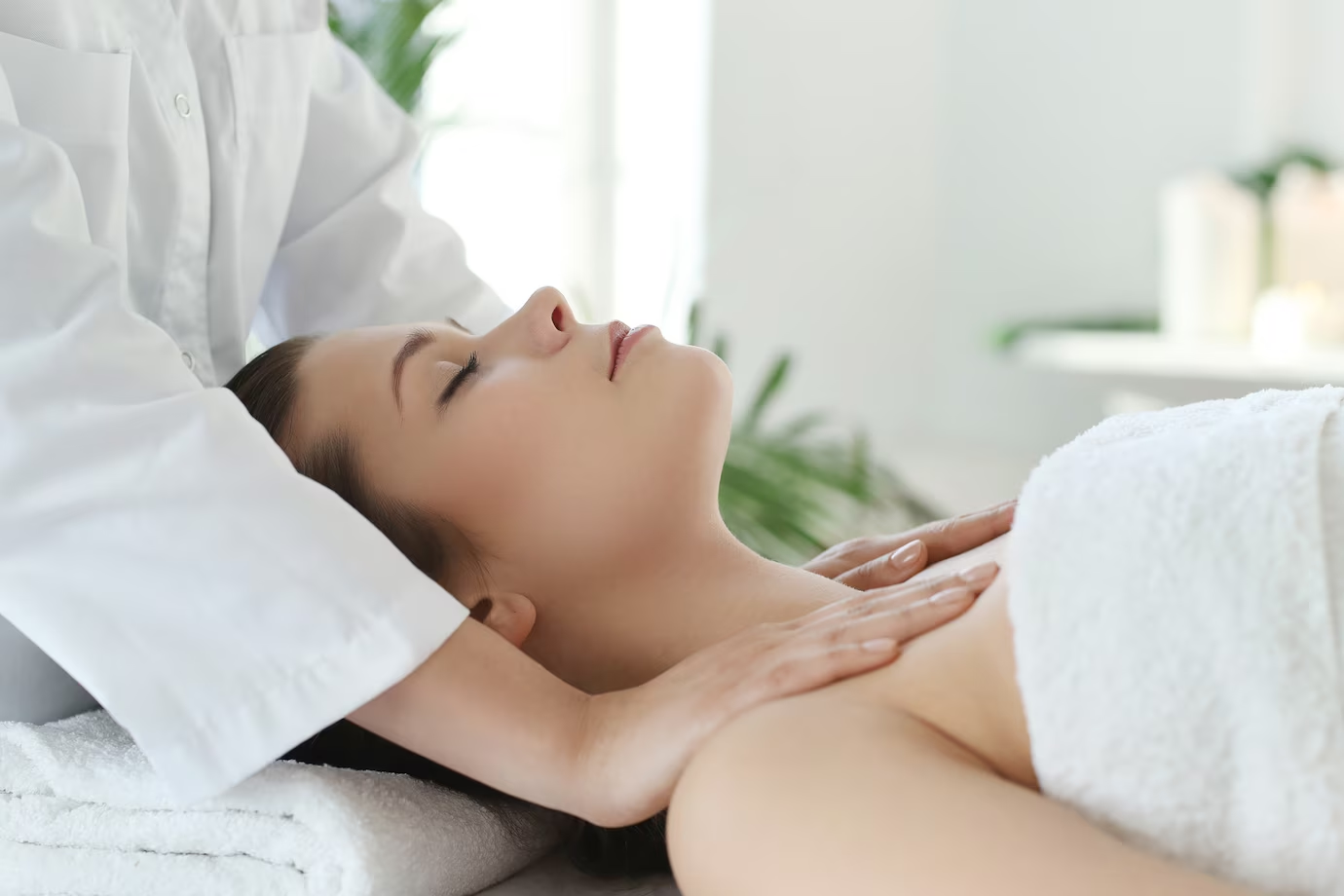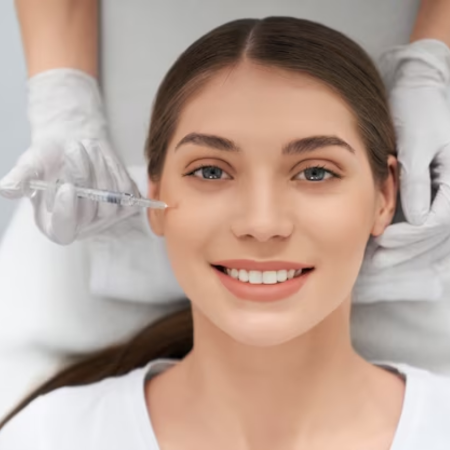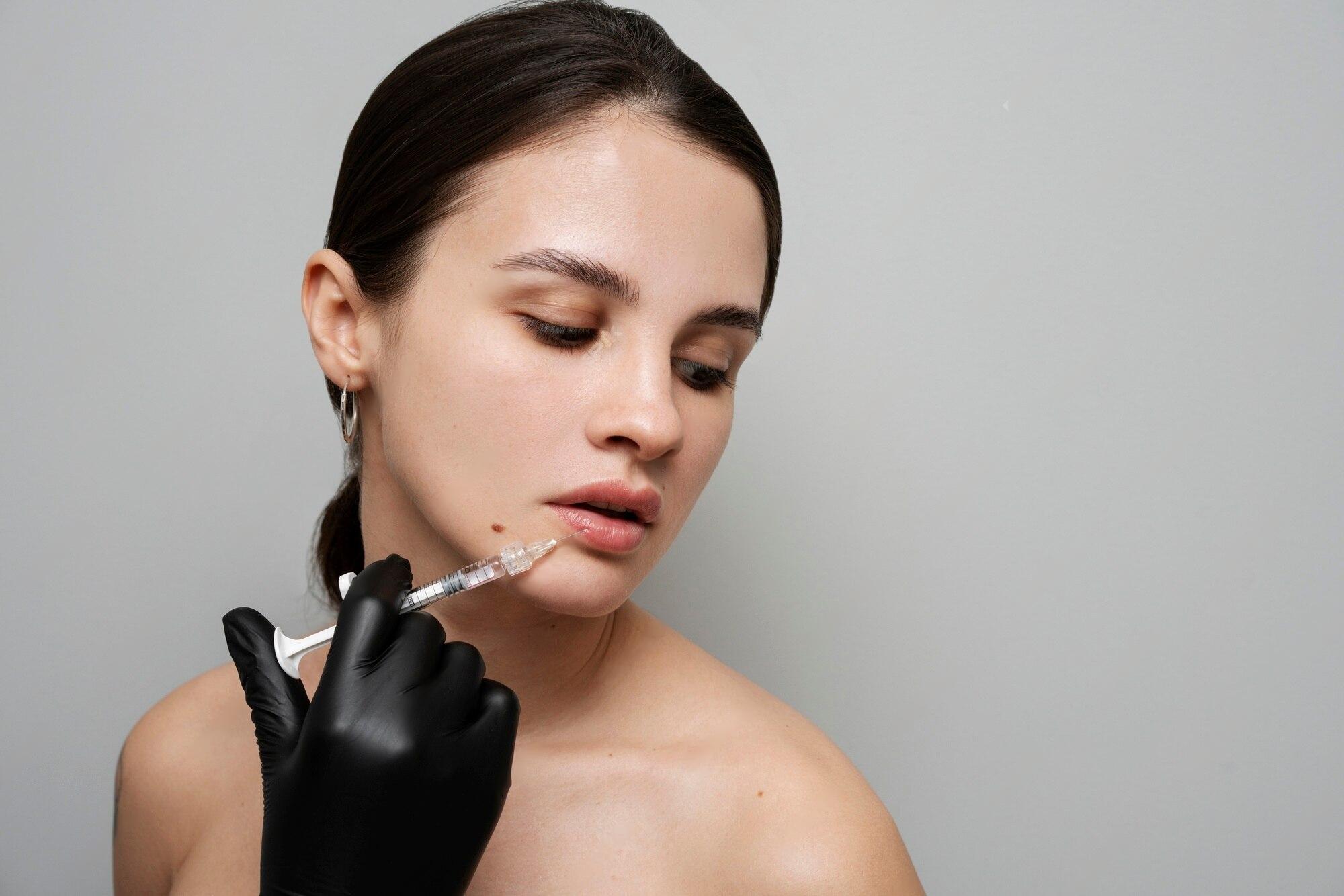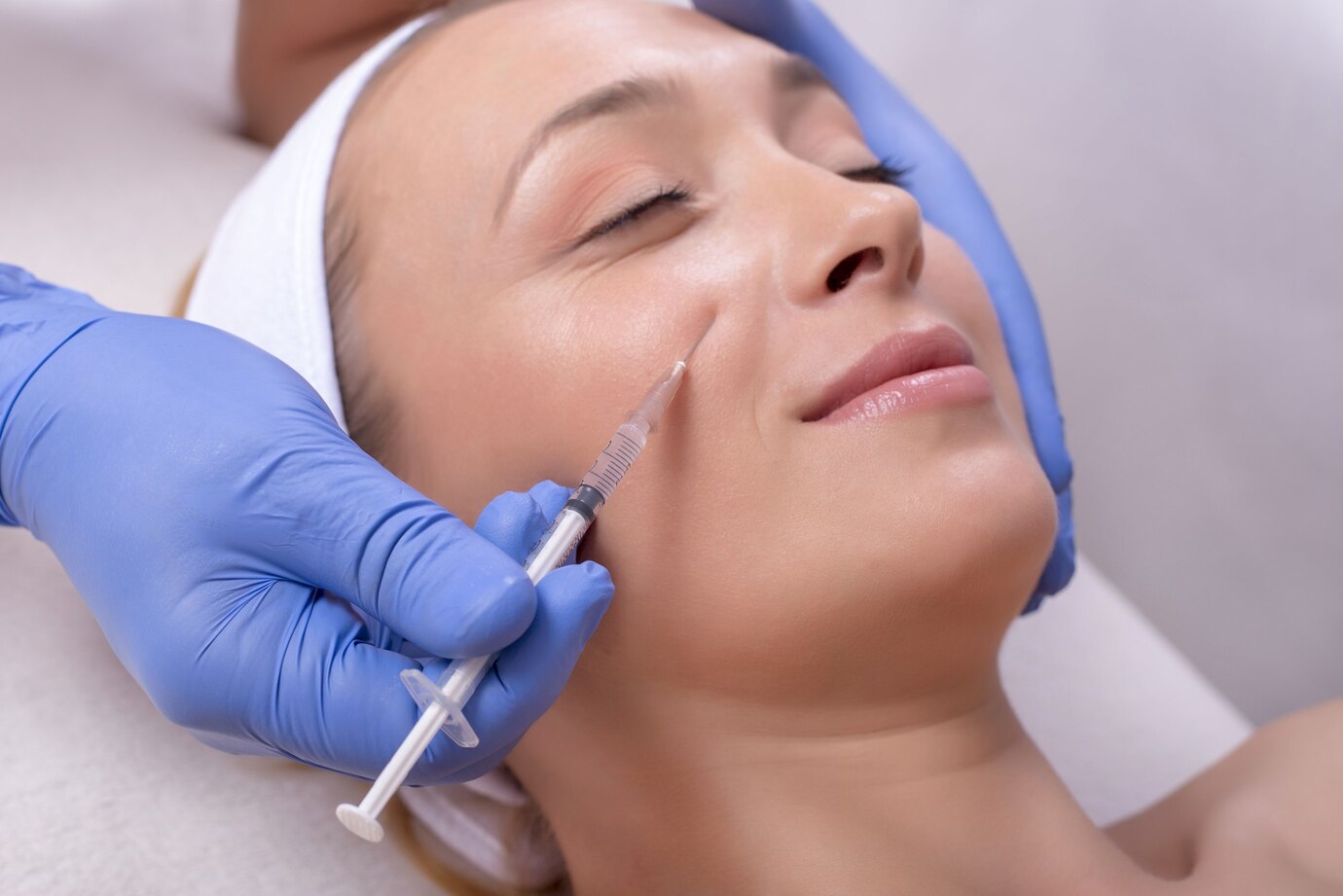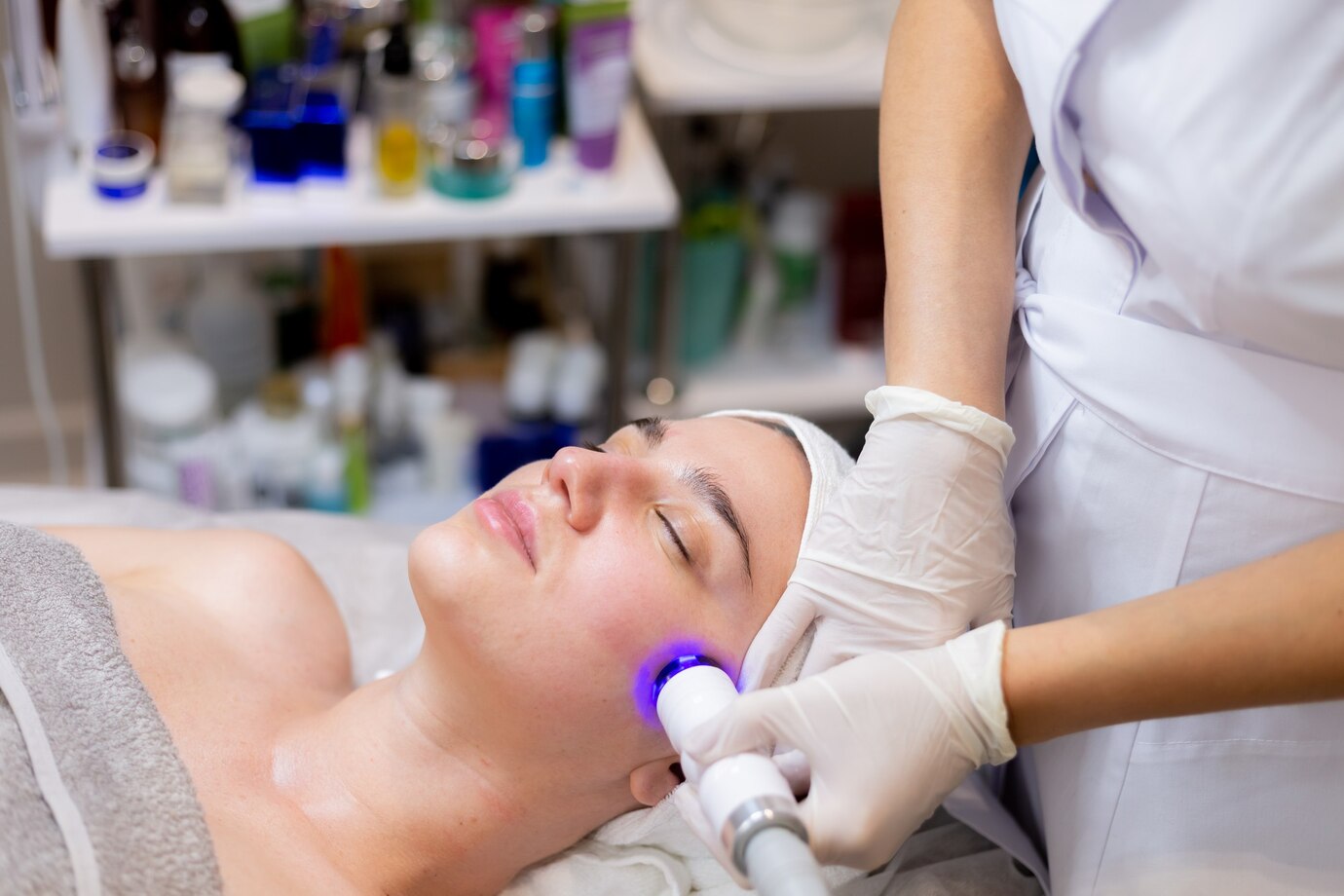Published on: May 8, 2023

When it comes to achieving healthy and youthful-looking skin, the advancements in skincare regimens and treatments have reached new heights with the introduction of revolutionary skin boosters. Skin boosters are the latest addition to the aesthetic world, and they have been gaining popularity around the globe.
Skin boosters are an injectable treatment designed to hydrate and rejuvenate the skin, giving it a healthy and glowing appearance. In this blog post, we’ll dive into what skin boosters are, how they work, and their benefits.
What Are Skin Boosters?
Skin boosters are hyaluronic acid-based fillers injected into the skin’s top layer to improve its hydration and overall quality. Hyaluronic acid is a naturally occurring substance in our bodies, and it is responsible for keeping our skin plump and hydrated.
Skin boosters attract water molecules to the skin, resulting in increased hydration and improved skin texture. It is typically administered via injections, targeting areas such as the face, neck, and decolletage, though their application extends to diverse body regions.
How Do Skin Boosters Work?
Skin boosters work by delivering small doses of hyaluronic acid into the skin, which helps to improve its hydration and firmness. Hyaluronic acid maintains the skin’s hydration by holding up to 1,000 times its own weight in water, making it an essential component.
Injecting hyaluronic acid attracts water molecules, which plump and hydrate the skin surface. This improved hydration leads to an improvement in skin thickness, elasticity, and overall quality.
What Are The Benefits Of Skin Boosters?
Skin boosters have several benefits that make them popular among those who want to improve their skin quality. Some of the benefits include:
- Increased hydration: Skin boosters offer active ingredients that attract moisture, increasing skin hydration.
- Smooth skin texture: Regularly using skin boosters can dramatically improve skin texture, resulting in a more even and youthful-looking complexion.
- Reduced fine lines and wrinkles: Skin boosters naturally plump up the skin, diminishing the visibility of fine lines and wrinkles.
- Improved skin elasticity: Hydrated skin has better elasticity, which means it can snap back into place when pulled or pinched.
- Natural-looking results: When used correctly, skin boosters provide a natural-looking outcome that enhances and improves skin texture without looking overdone.
Drinking more water is a simple and effective way to keep your skin looking healthy and radiant. Explore how drinking water can benefit your skin from my comprehensive blog.
Do Skin Boosters Produce Collagen and Elastin?
Skin boosters can indirectly stimulate collagen and elastin production in the skin. Skin boosters contain hyaluronic acid, a component found naturally in the skin. Hyaluronic acid helps to create fuller, plumper, and hydrated skin by attracting and holding onto moisture. Injecting skin boosters into the skin increases moisture levels and improves skin elasticity.
Hydrating the skin enhances its receptiveness to producing collagen and elastin, the two vital proteins that impart structure, elasticity, and firmness, thereby fortifying and revitalising the skin.
Conclusion
However, it’s important to note that skin boosters do not directly stimulate collagen and elastin production. Other treatments, such as micro-needling and laser resurfacing, can stimulate collagen and elastin production more effectively. These treatments may require more downtime and may not be suitable for all skin types.
In conclusion, while skin boosters may not directly produce collagen and elastin, they can indirectly stimulate their production by hydrating the skin and creating a more favourable environment for collagen and elastin synthesis.
